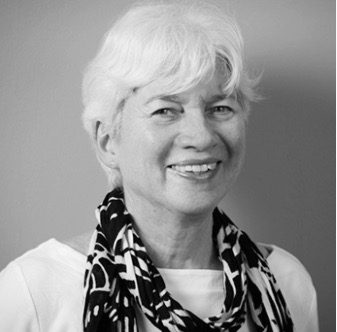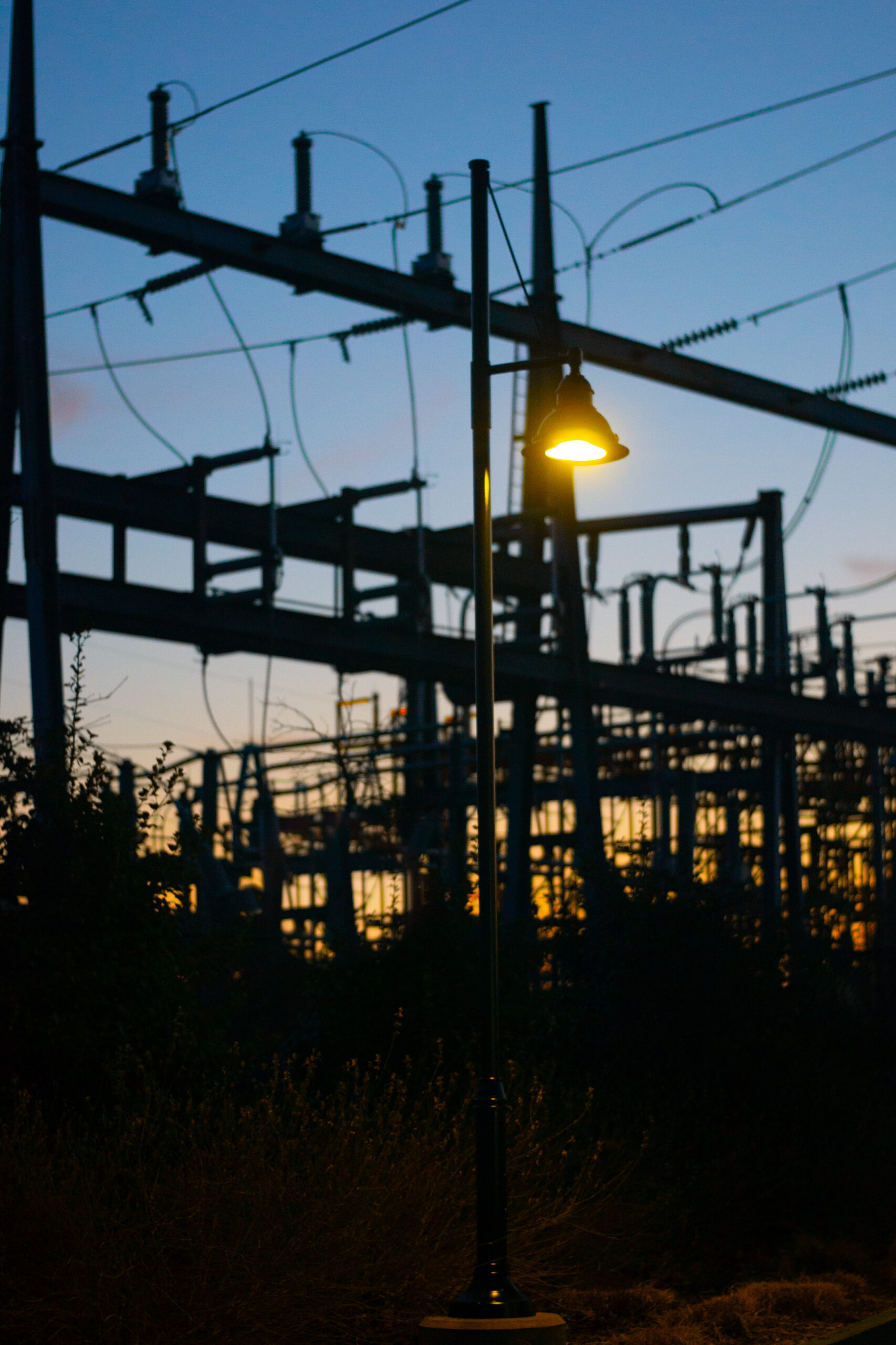Georgians get their electricity in one of three ways. Most receive electricity from the investor-owned utility, Georgia Power which is regulated by the Public Service Commission. Others are served by a utility that is owned and operated by a municipality, for example, the City of Dalton. But others are served by a member-owned Electric Membership Cooperative, often called an EMC.
EMCs were formed during the New Deal era of the 1930s to bring electricity to much of rural Georgia. Throughout the nation, investor-owned utility companies argued that it was not profitable for them to serve sparsely populated areas. By the late 1930s, 33 EMCs were in operation in Georgia, and nine more have been formed since. Today, electric co-ops serve approximately 4.4 million Georgians and cover 73% of the state’s land area.
Unlike investor-owned utilities, EMCs are owned by their ratepayers, who are actually the owners of each EMC. So a unique characteristic of the EMCs is that their fundamental structure puts the user-owners in control. Wan Smith, Organizing Director for Georgia Conservation Voters Education Fund, says, “There is no oversight from an outside body like the Public Service Commission or investors. And the direct leadership on the boards can reflect the community, not only in the racial and age composition but also in terms of economic composition.” Over the years, EMCs have not always functioned as smoothly or democratically as they might. For example, sometimes, board positions are treated as a family legacy and handed down from father to son. Elsewhere the by-laws might be missing or not readily accessible.
The EMC Steering Committee, organized last fall by Georgia Conservation Voters Education Fund, is made up of members from different EMCs, across the state. This committee decided to rate how each EMC is doing and give guidance for improvement in an EMC Score Card, which examines the EMCs in areas of overall governance, finances, and customer service.
The scorecard map of the state’s EMCs allows a user to hover a cursor over a particular EMC. A ranking appears that allows access to more detailed information about the scoring procedure, and offers a list of suggested improvements for the EMC to improve its score. The scorecard is easy to navigate and is also beautifully designed by an award-winning data visualization artist Siori Kitajima.
“A big concern with our work on the scorecard was in trying to build more inclusive leaders who will specifically attend to issues of communities of color, and low-income populations in the pursuit of clean and safe and affordable energy,” says Kristin Phillips, Assistant Professor in the Department of Anthropology at Emory University. She worked with the member-owners of the steering committee, and four undergraduate students to compile data that went into the scorecard.
Phillips explains that the scorecard creates a set of standards, and then it assesses each of the EMCs on those standards and also gives them a sense of where they stand in relation to other EMCs. “And perhaps most importantly, the scorecard gives EMCs suggestions for improvement,” Phillips says.
“This steering committee is really centered around the member-owners, and they can use the scorecard as a conversation starter with community members and EMC leadership to better serve the local community and make improvements,” says Smith. The EMC Committee plans to revisit this scorecard rating in future years to update scores based on actions taken by the EMC.

Krista Brewer
Krista Brewer is a native Atlantan who has a professional background in writing, reporting and editing. For several decades she has closely followed Georgia politics, focusing on topics such as healthcare, voting and immigrant rights, and budget and environmental issues. She is active on Twitter and invites readers to follow her @KristaRBrewer.

0 Comments